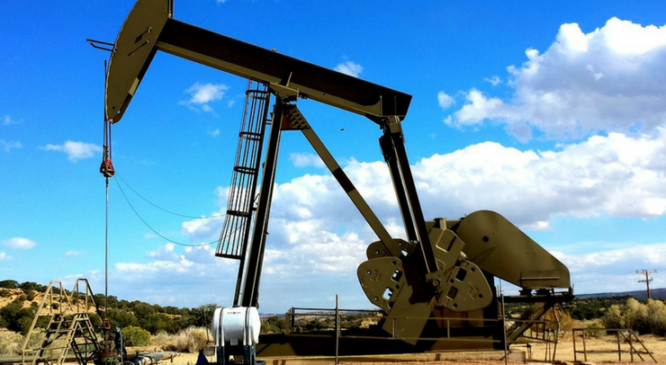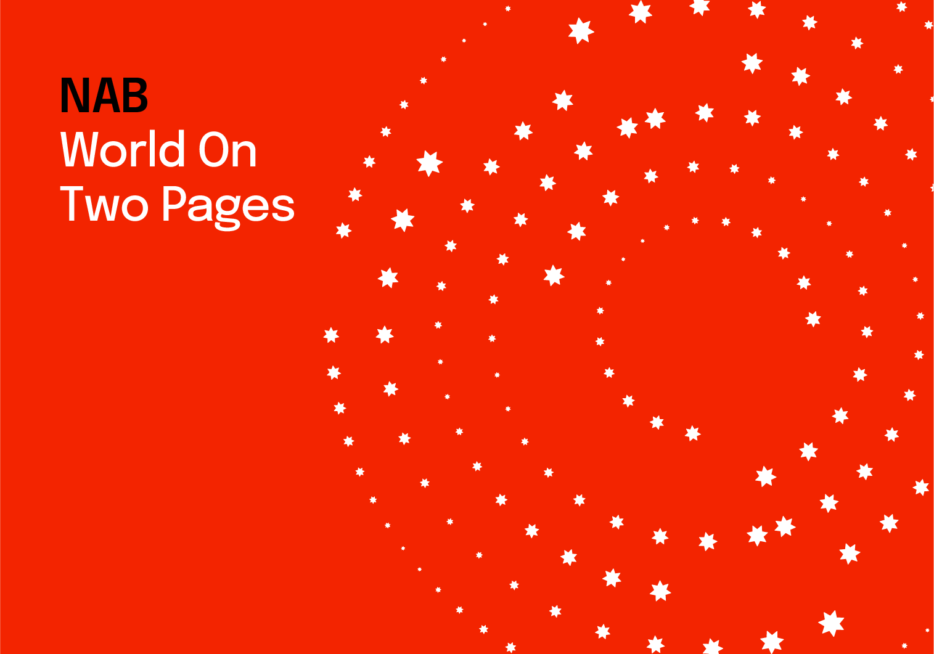NAB’s Non-rural Commodity Price Index fell by 2.8% qoq in Q2 in US dollar terms.


Insight



NAB’s Non-rural Commodity Price Index fell by 2.8% qoq in Q2 in US dollar terms.


Insight


We expect NAB’s Non-rural Commodity Price Index to fall by 4.9% in Q2


Insight


We expect to see a modest slowing in growth across 2025 to 3.1%


Insight


RBA revisions, rates and risks ahead




We expect NAB’s Non-rural Commodity Price Index to move slightly higher in Q4


Insight


NAB Non-rural Commodity Price Index fell by around 3.6% qoq in Q3.


Insight


NAB’s Non-rural Commodity Price Index fell by around 7.0% in Q2


Insight


NAB’s Non-rural Commodity Price Index declined in Q2


Insight


NAB’s Non-rural Commodity Price Index is forecast to fall by 12.3% in 2024 and a further 12.6% in 2025 – led by softer prices for bulk commodities (iron ore and coal).


Insight


We see our NAB commodity index falling substantially in 2024, despite higher forecasts for base metals and gold.


Insight


Slower global economic growth in 2024 and 2025 set to constrain commodity demand


Insight


NAB’s Non-rural Commodity Price Index is expected to ease in Q1 2024


Insight


Weaker global growth in 2024 to drive modest commodity demand


Insight


There was a wide divergence in growth among major advanced economies in Q3 – with strength in the US in contrast to relative weakness in other countries. For Australia, recent data have confirmed that the economy is growing at a well-below trend pace, inflation pressure is continuing to moderate and the labour market has remained healthy.


Insight


Global inflation slowed in September, including a softening in advanced economy inflation to its lowest level since September 2021. For Australia, we have revised up our forecasts for growth and inflation (in the near-term) while lowering our expected peak in the unemployment rate.


Insight
© National Australia Bank Limited. ABN 12 004 044 937 AFSL and Australian Credit Licence 230686.
